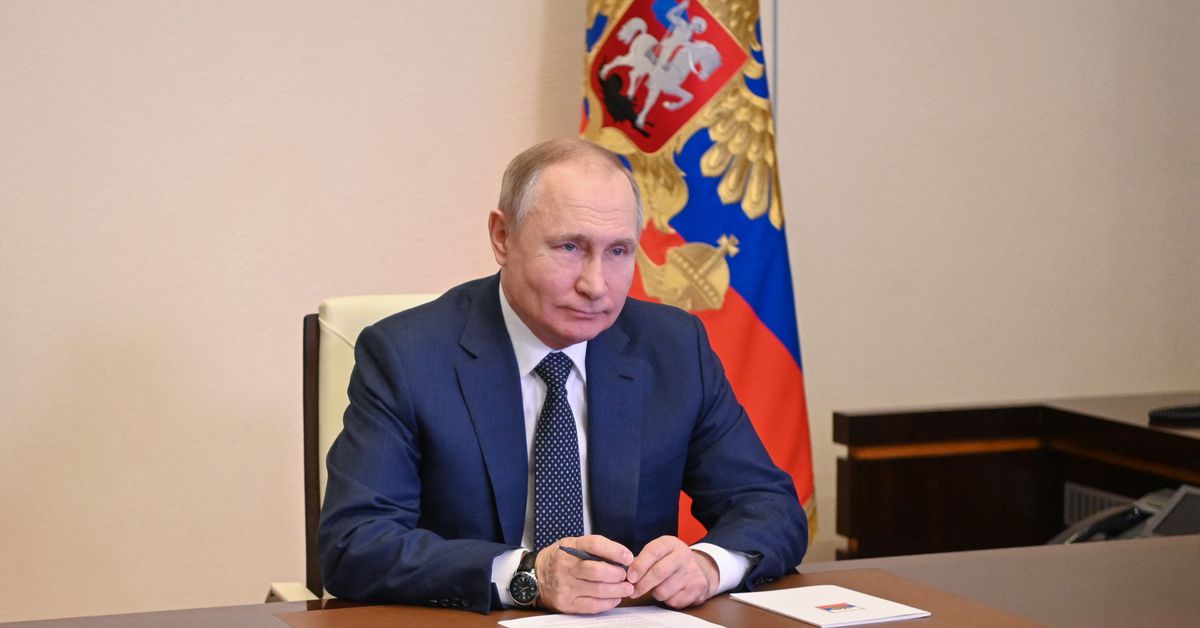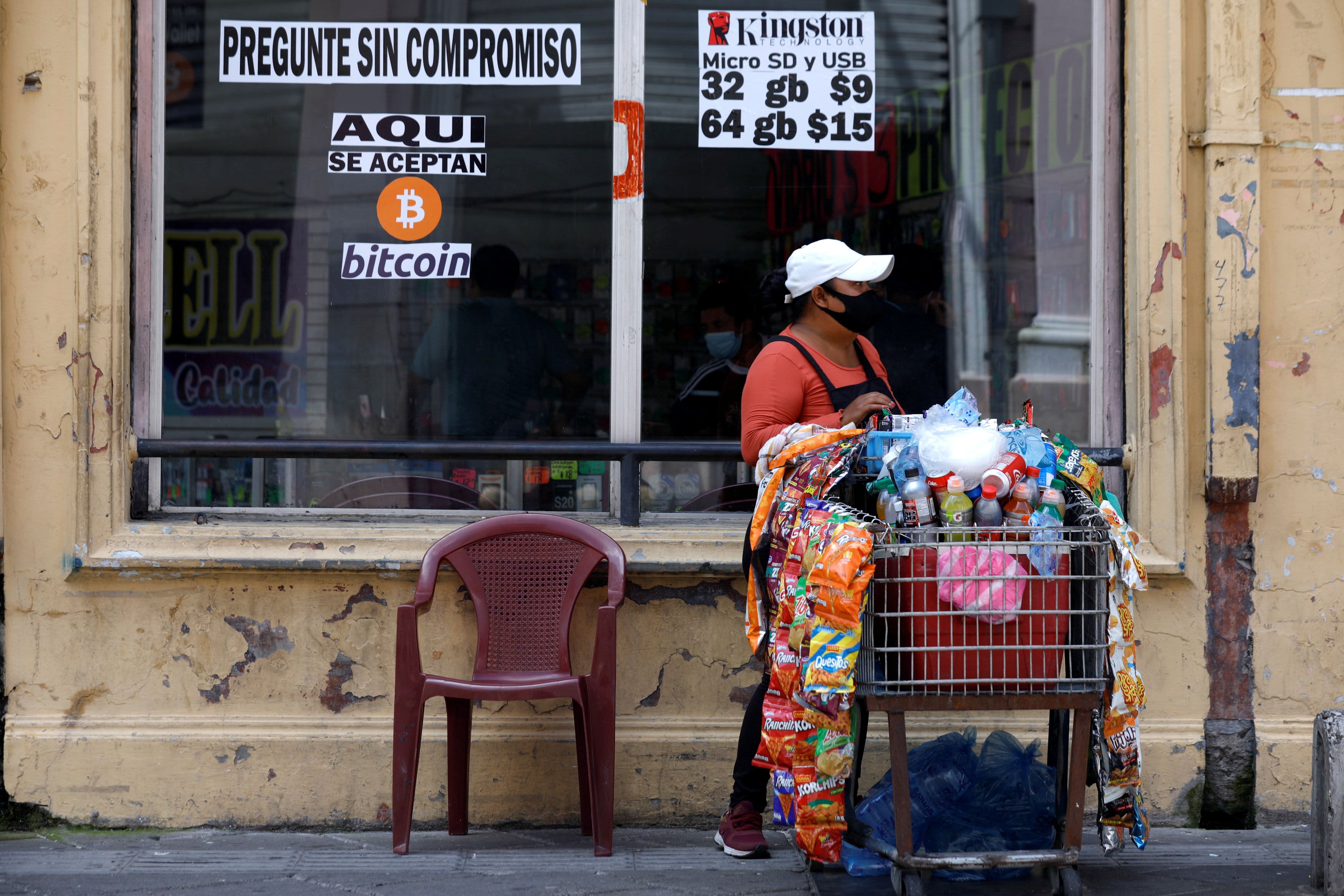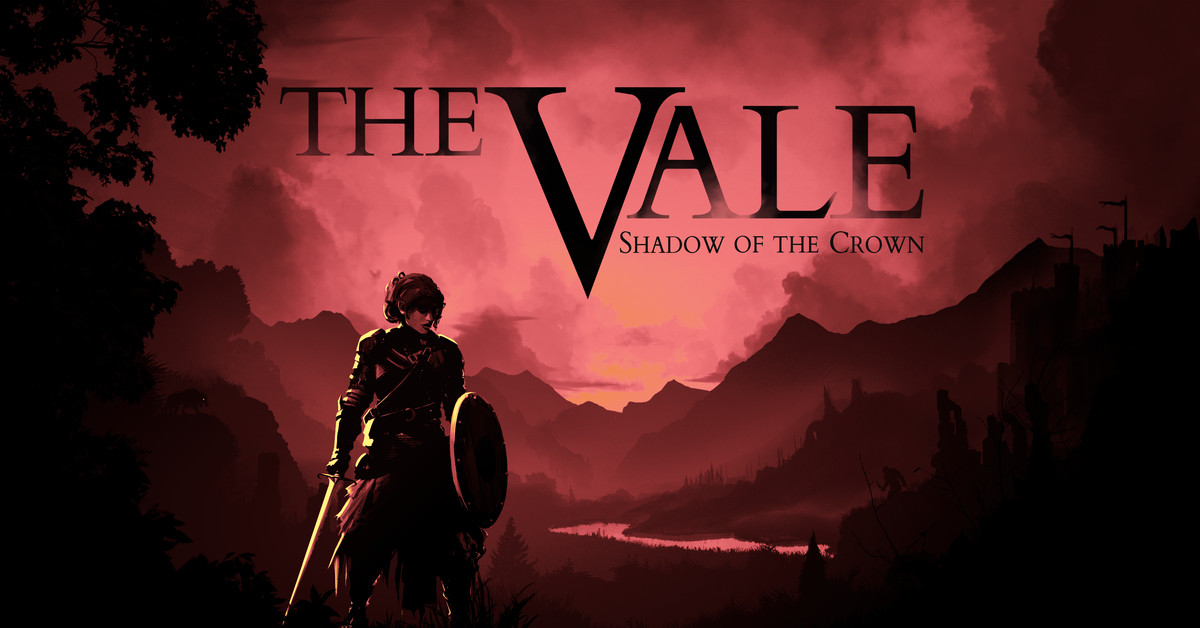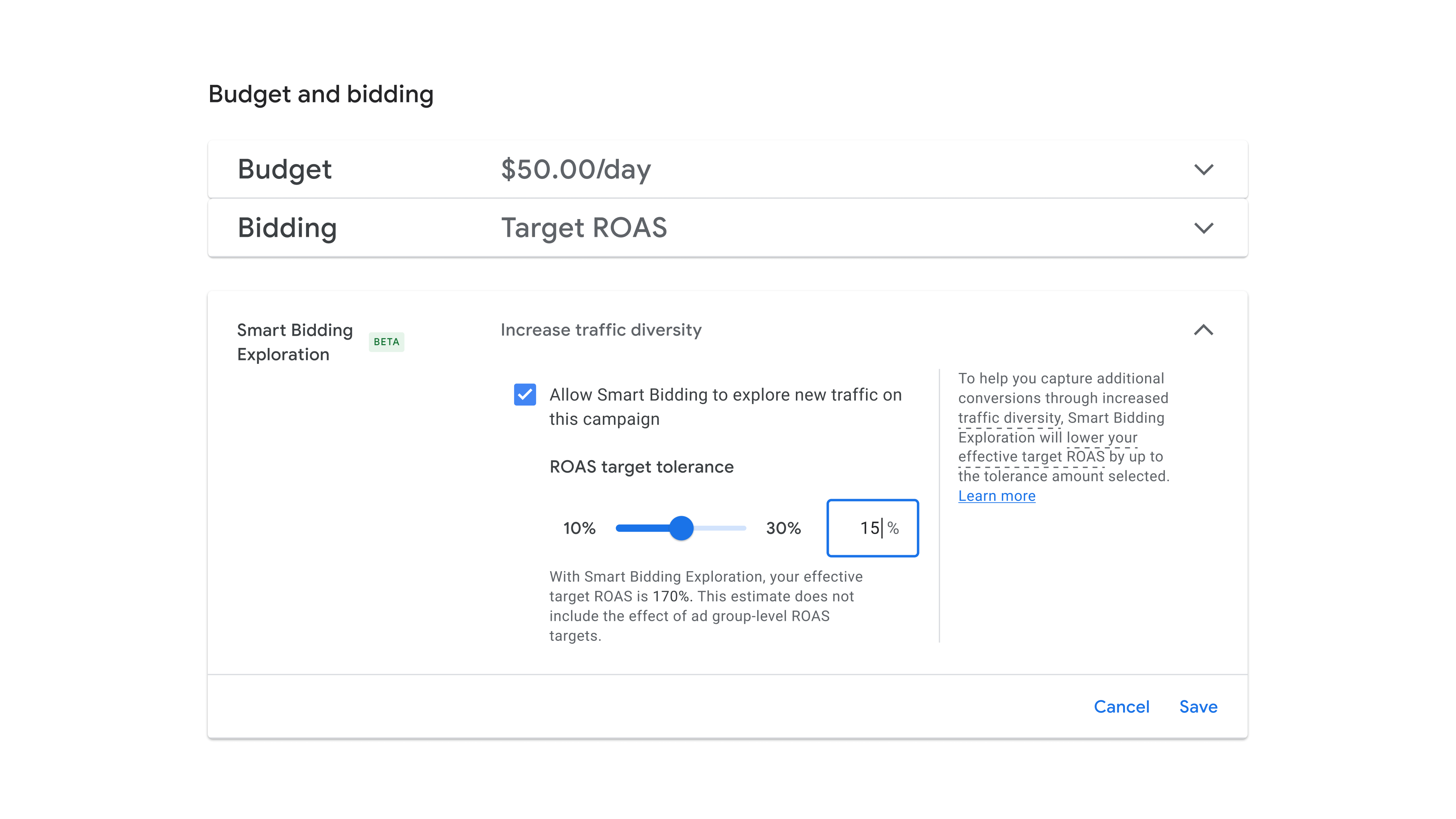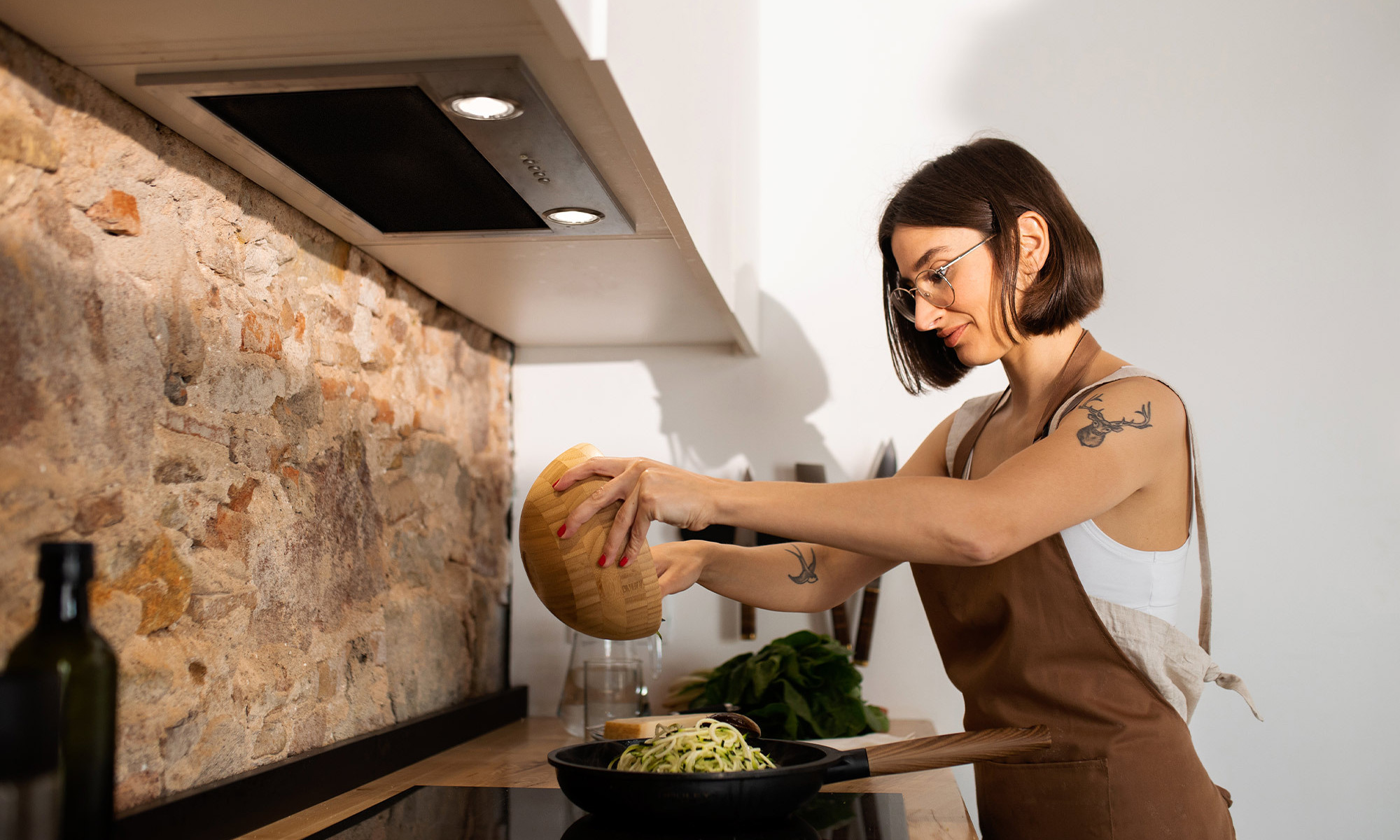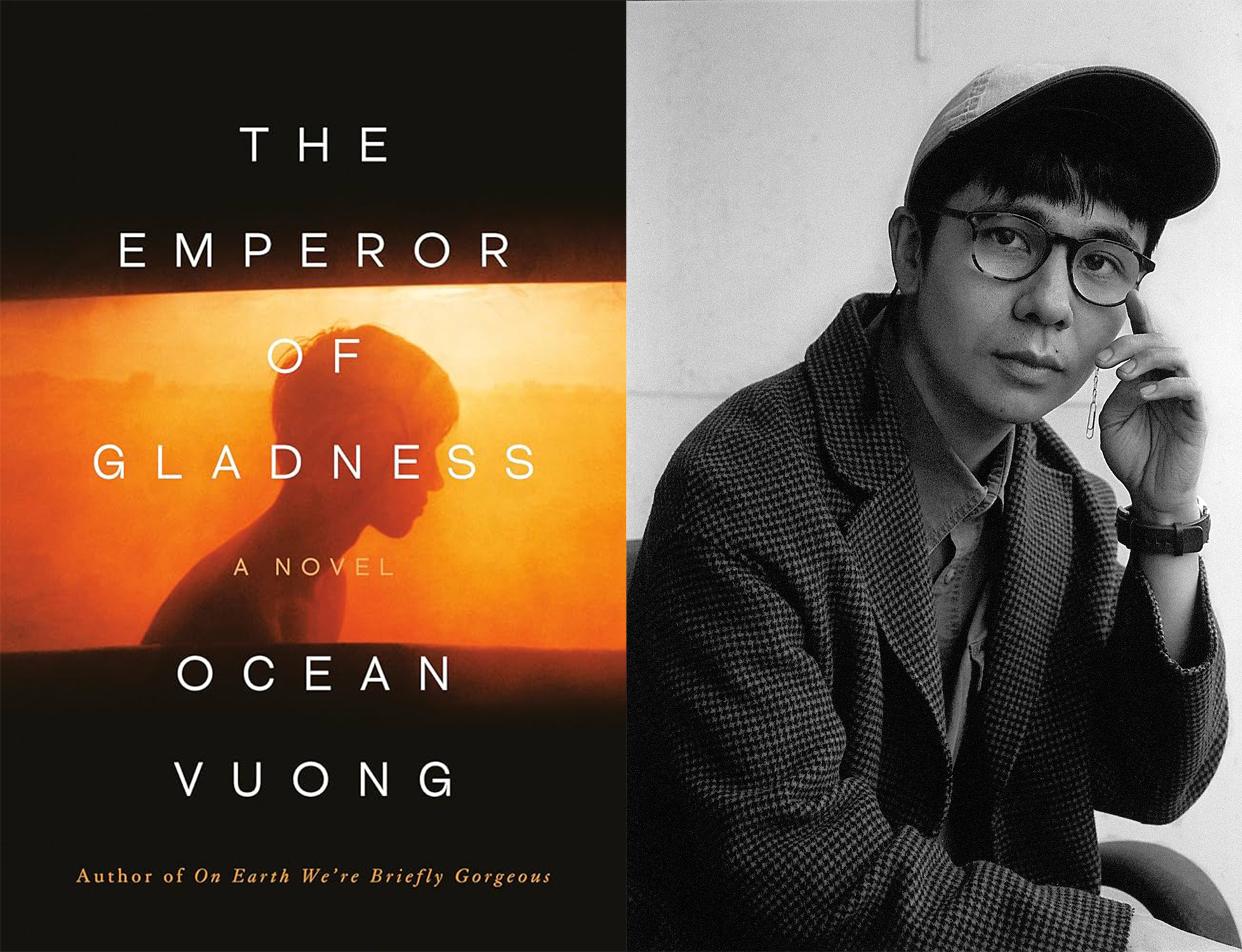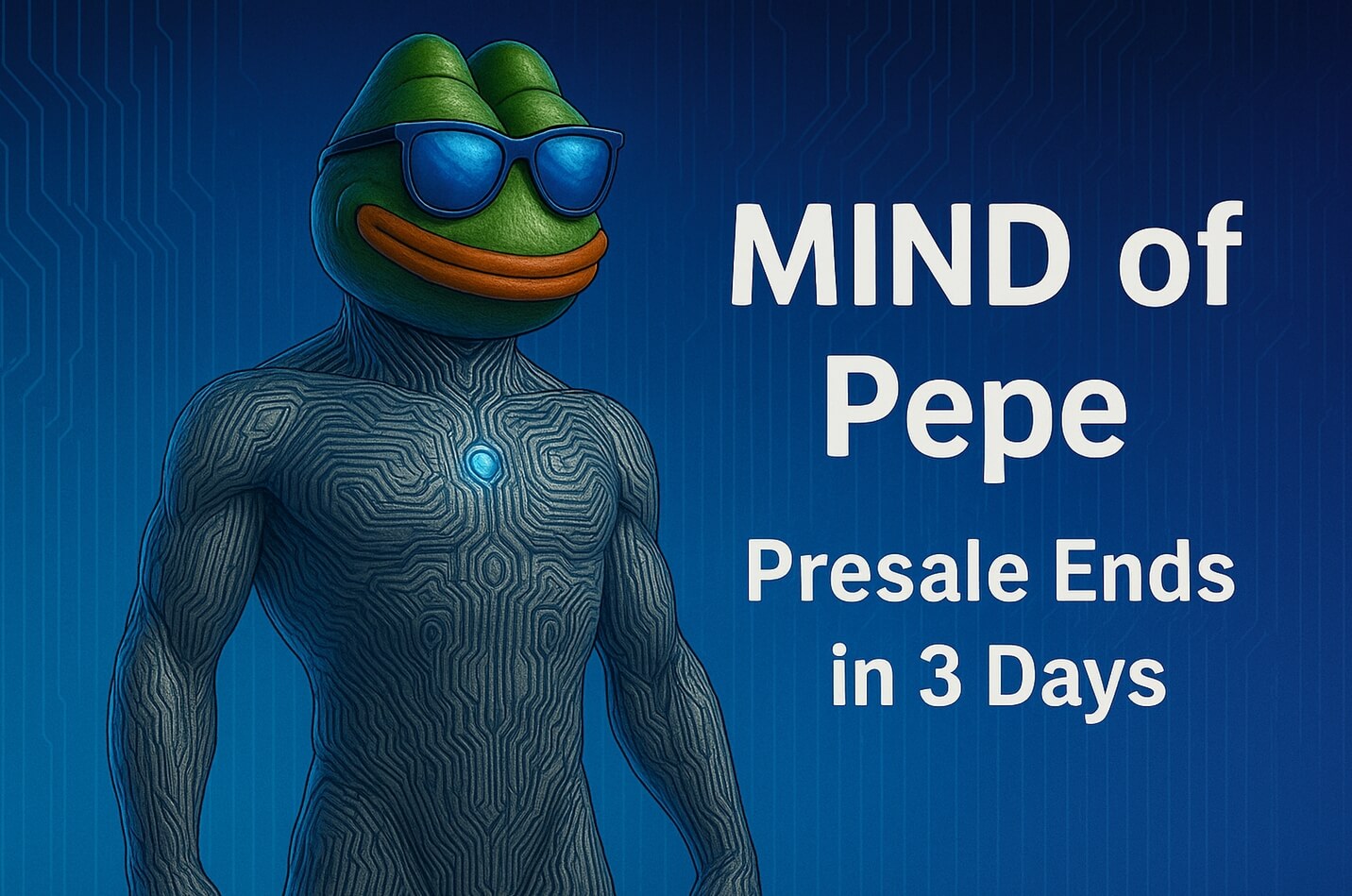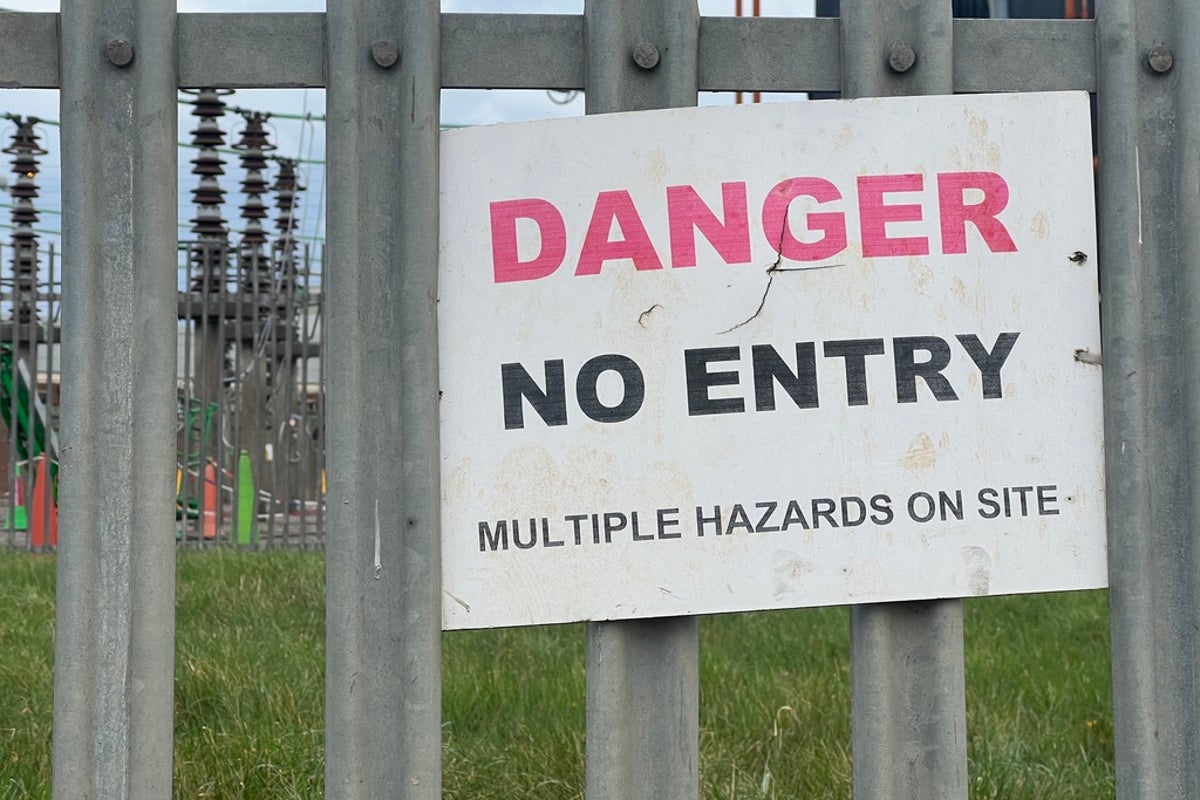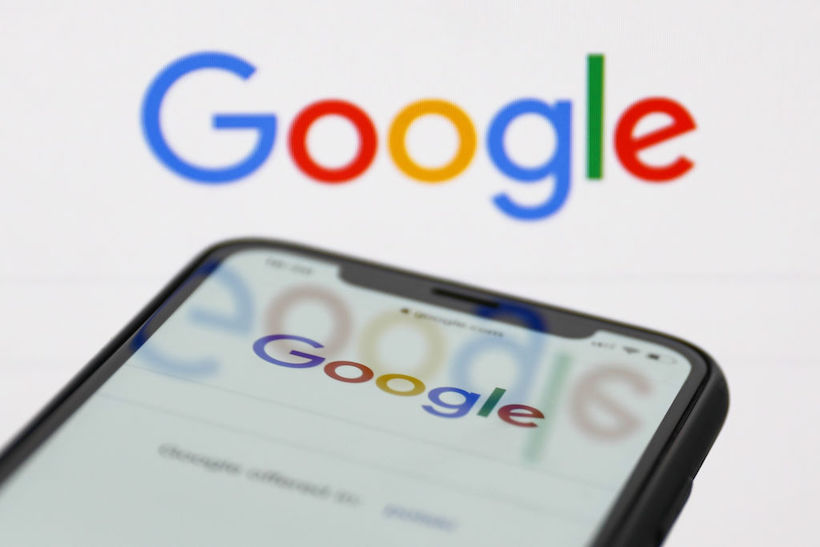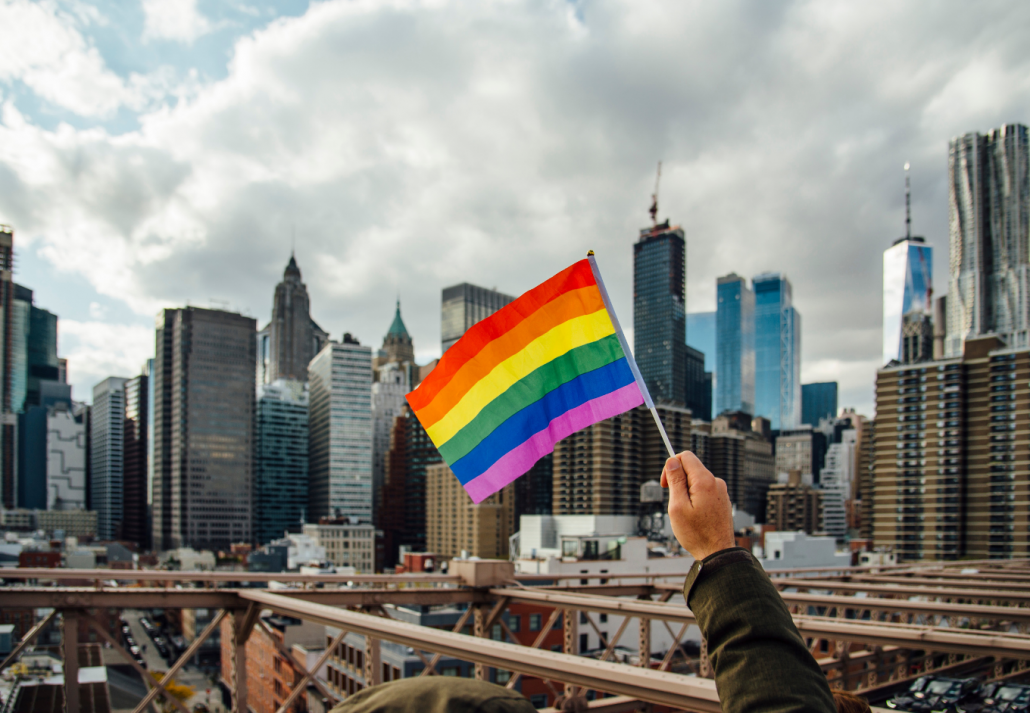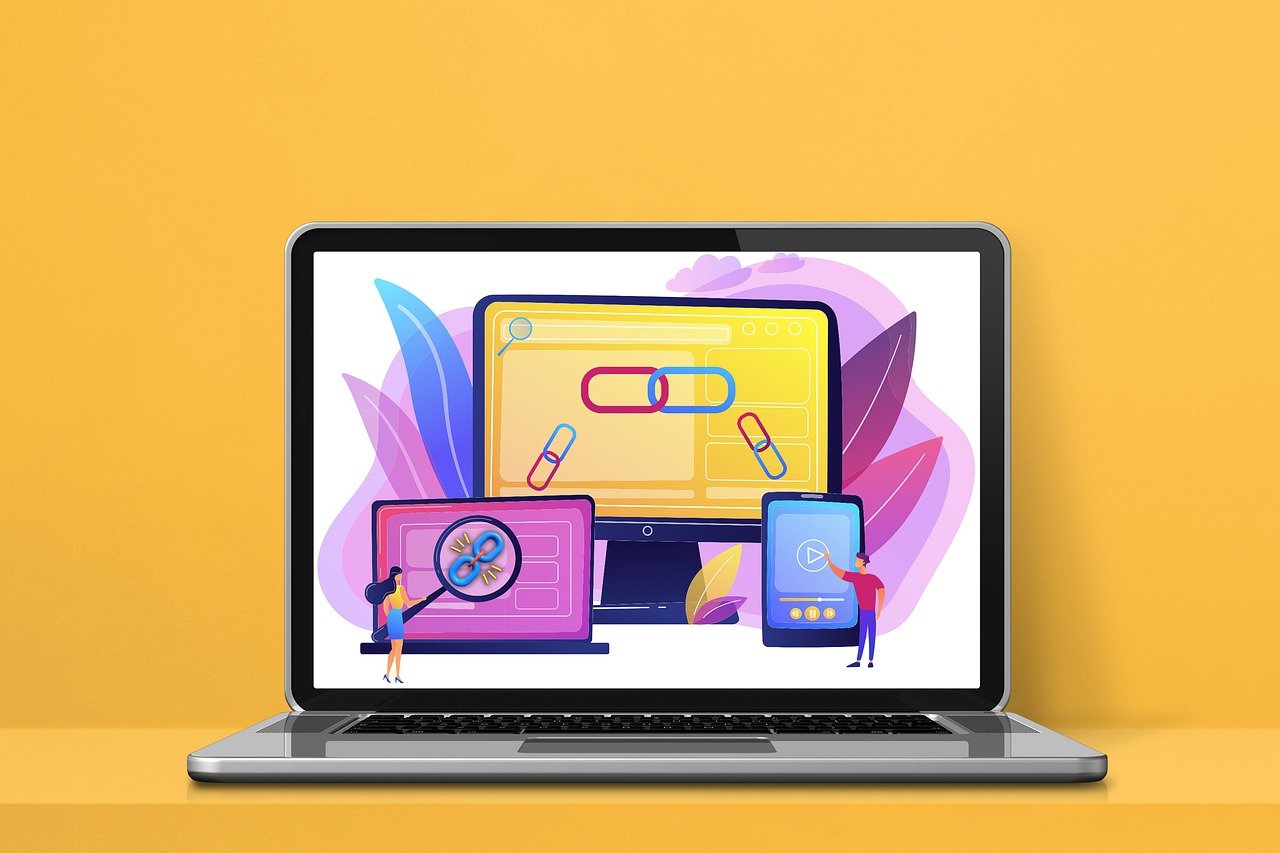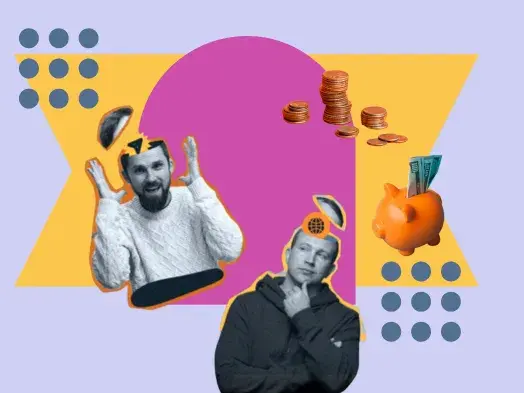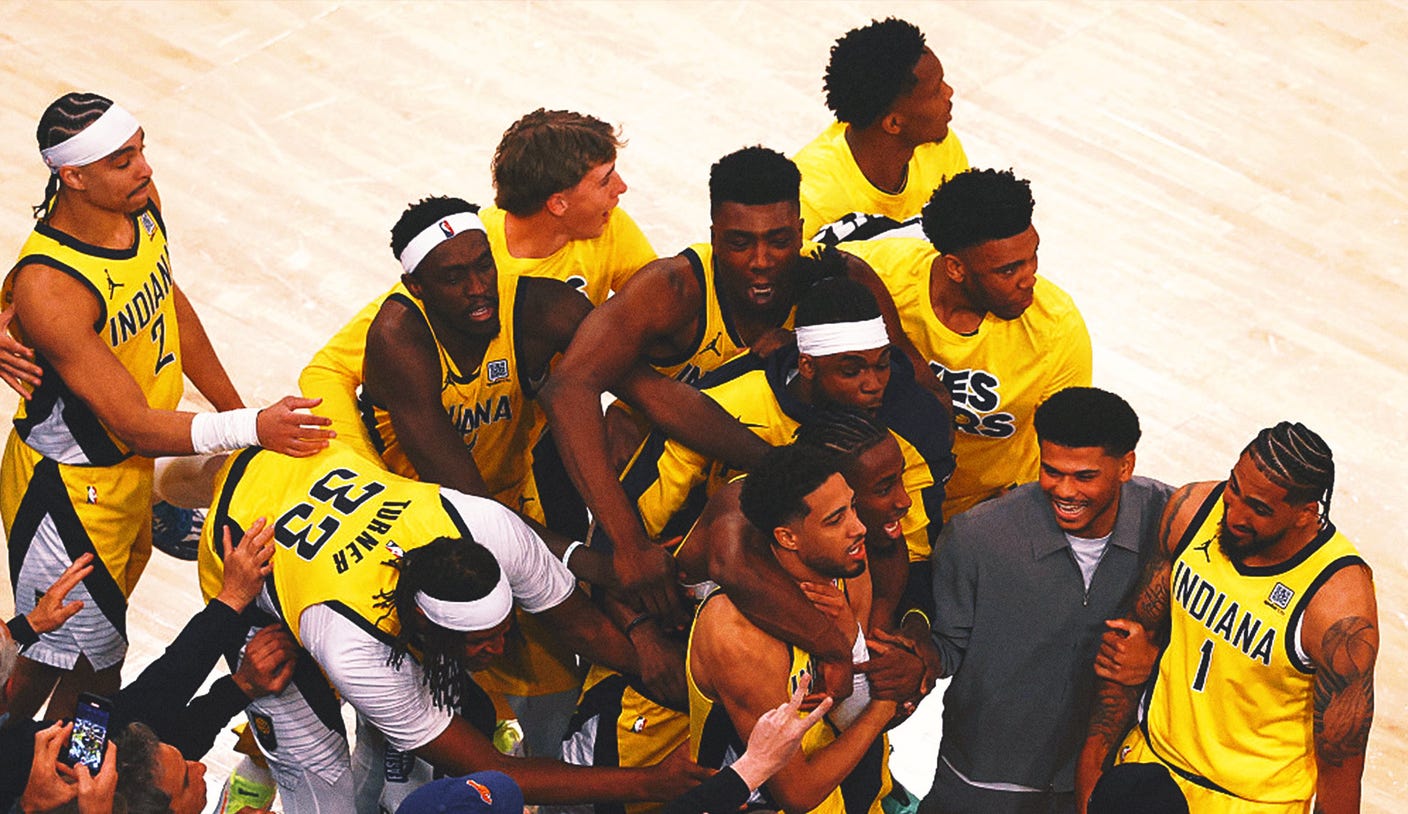It’s never been easier to be an artist — or harder to become a star
Illustration by Samar Haddad / The VergeErica Lubman, an indie artist who goes by the moniker Boy Jr., is objectively good at TikTok. She has amassed more than 300,000 followers with her tongue-in-cheek songs and videos spoofing indie rock...
/cdn.vox-cdn.com/uploads/chorus_asset/file/24029092/the_new_music_distribution_age_3000x2000px.jpg)
/ Streaming has massively increased the amount of new music available to consumers every day. That has made it all the more difficult to break out.
Sep 26, 2022, 3:00 PM UTC|
%2Fcdn.vox-cdn.com%2Fuploads%2Fchorus_asset%2Ffile%2F24029092%2Fthe_new_music_distribution_age_3000x2000px.jpg&w=2400&q=75)
Illustration by Samar Haddad / The Verge
Erica Lubman, an indie artist who goes by the moniker Boy Jr., is objectively good at TikTok. She has amassed more than 300,000 followers with her tongue-in-cheek songs and videos spoofing indie rock culture. Those followers have translated into ticket sales for live shows and millions of streams. But even when Lubman gets praise on videos that get half a million views — for her songwriting, for her humor — she is realistic about how fickle TikTok can be.
“I appreciate those comments a ton,” Lubman said. “But there’s a really good chance you won’t see another video from me for months because your TikTok algorithm is going to just show you other things and you’re gonna forget about me.”
On paper, it should be a golden age for music. Anyone with a song in their heart and a subscription to TuneCore can distribute their music on Spotify and other music streamers right alongside Beyoncé. And plenty are taking advantage of it — nearly 75,000 new songs are uploaded every day. So why, as research firm Luminate reported earlier this year, are consumers listening to less new music than before?
In part two of The Vergecast’s series on the future of music, I try to find out why it is so hard for new artists to break out. Speaking with industry experts, I explore the past 25 years of music streaming: from early warnings of the “celestial jukebox” to my personal golden age of music, the MySpace era, to the current boom and bust cycles of streaming today.
The Vergecast /
A podcast about technology and emotions
Hurricane Fiona ratcheted up tensions about crypto bros in Puerto Rico.
“An official emergency has been declared, which means in the tax program, your physical presence time is suspended,” a crypto investor posted on TikTok. “So I am headed out of the island.” Perhaps predictably, locals are furious.
Richard Lawler52 minutes ago
Teen hacking suspect linked to GTA 6 leak and Uber security breach charged in London.
City of London police tweeted Saturday that the teenager arrested on suspicion of hacking has been charged with “two counts of breach of bail conditions and two counts of computer misuse.”
They haven’t confirmed any connection with the GTA 6 leak or Uber hack, but the details line up with those incidents, as well as a suspect arrested this spring for the Lapsus$ breaches.
Green light.
Good morning to everyone, except for the intern or whoever prevented us from seeing how Microsoft’s Surface held up to yet another violent NFL incident.
Today’s big event is the crash of a NASA spaceship this evening — on purpose. Mary Beth Griggs can explain.
David PierceTwo hours ago
Thousands and thousands of reasons people love Android.
“Android fans, what are the primary reasons why you will never ever switch to an iPhone?” That question led to almost 30,000 comments so far, and was for a while the most popular thing on Reddit. It’s a totally fascinating peek into the platform wars, and I’ve spent way too much time reading through it. I also laughed hard at “I can turn my text bubbles to any color I like.”
The Simpsons pays tribute to Chrome’s dino game.
Season 34 of The Simpsons kicked off on Sunday night with an opening credits “couch gag” based on the offline dino game from Google’s Chrome browser. Cactus, cactus, couch, d’oh! Perfect.
Table breaks before Apple Watch Ultra’s sapphire glass.
”It’s the most rugged and capable Apple Watch yet,” said Apple at the launch of the Apple Watch Ultra (read The Verge review here). YouTuber TechRax put that claim to the test with a series of drop, scratch, and hammer tests. Takeaways: the titanium case will scratch with enough abuse, and that flat sapphire front crystal is tough — tougher than the table which cracks before the Ultra fails — but not indestructible.
Rihanna’s headlining the Super Bowl Halftime Show.
Apple Music’s set to sponsor the Halftime Show next February, and it’s starting out strong with a performance from Rihanna. I honestly can’t remember which company sponsored the Halftime Show before Pepsi, so it’ll be nice to see how Apple handles the show for Super Bowl LVII.
Starlink is growing.
The Elon Musk-owned satellite internet service, which covers all seven continents including Antarctica, has now made over 1 million user terminals. Musk has big plans for the service, which he hopes to expand to cruise ships, planes, and even school buses.
Musk recently said he’ll sidestep sanctions to activate the service in Iran, where the government put restrictions on communications due to mass protests. He followed through on his promise to bring Starlink to Ukraine at the start of Russia’s invasion, so we’ll have to wait and see if he manages to bring the service to Iran as well.
We might not get another Apple event this year.
While Apple was initially expected to hold an event to launch its rumored M2-equipped Macs and iPads in October, Bloomberg’s Mark Gurman predicts Apple will announce its new devices in a series of press releases, website updates, and media briefings instead.
I know that it probably takes a lot of work to put these polished events together, but if Apple does pass on it this year, I will kind of miss vibing to the livestream’s music and seeing all the new products get presented.
California Governor Gavin Newsom vetoes the state’s “BitLicense” law.
The bill, called the Digital Financial Assets Law, would establish a regulatory framework for companies that transact with cryptocurrency in the state, similar to New York’s BitLicense system. In a statement, Newsom says it’s “premature to lock a licensing structure” and that implementing such a program is a “costly undertaking:”
A more flexible approach is needed to ensure regulatory oversight can keep up with rapidly evolving technology and use cases, and is tailored with the proper tools to address trends and mitigate consumer harm.

 ShanonG
ShanonG 







